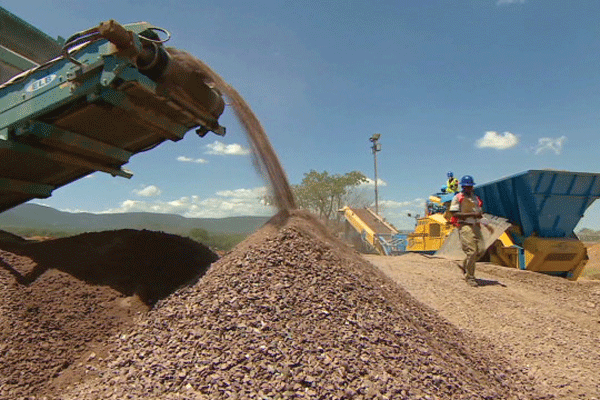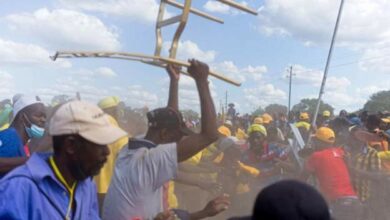MIHR condemns forced displacement in mining communities

A human rights watchdog has decried the manner in which people are displaced and resettled around the country, especially in mining communities.
Matabeleland Institute for Human Rights (MIHR) issued a position paper, Tuesday, condemning the manner in which displacements are becoming prevalent.
“The impact of these relocations and displacements goes beyond the statistics of a number of households, people, schools, boreholes, animals and size of land to be lost. They result in the loss of arable farming land for the community members. This is land they would have been nurturing and fertilizing for a long period of time,” MIHR stated.
“They disrupt social, cultural and religious values and systems of local people which they have nurtured and passed on for generations and generations as local identity symbols. There is destruction of social, cultural, religious and environmental ties of the local communities. These ties are a strategic community asset which enables the resilience of the ethnic and indigenous communities.”
MIHR noted that such displacements also cause psychological trauma and stress to all the community members (women, men, youths, children and the elderly).
“There is loss of livelihoods, indigenous knowledge systems and adaptive capacities of the local indigenous and ethnic communities which in-turn worsens poverty and vulnerability. This results in distortion and disruption of community leadership systems and mechanisms thus exacerbating inter and intra community conflicts,” they said.
The organisation recommended that the government fully adopts and adheres to the United Nations Basic Principles and Guidelines on development-based evictions and displacement.
“The government be cognisant of the Provisions of the United Nations Declaration on the Rights of Indigenous Peoples and the United Nations Declaration on the Rights of Persons Belonging to National or Ethnic, Religious and Linguistic Minorities,” MIHR stated.
“Before any relocation or displacement of people is done, there should be a joint assessment of the three Constitutional Commissions, ZHRC, ZGC and NPRC. The Human Rights Impact Assessment Report of these Constitutional Bodies should be presented to Parliament for ratification.
“Such a joint assessment should consider social, economic and cultural rights violations to be caused by the displacements/relocations. They should also consider the appropriateness of the compensatory model to fundamental principles and ethics of administrative justice and fairness taking into consideration the social, economic and cultural assets values of the affected communities.”
MIHR noted that areas where an extractive development initiative will cause displacements of villagers, there should be, through the office of the District Development Coordinator and the relevant local authority, a multi-stakeholder human rights integrity adhoc committee which shall comprise of the local authority, the relevant government departments, the local leadership of the affected and relevant civic society organizations working in the area.





